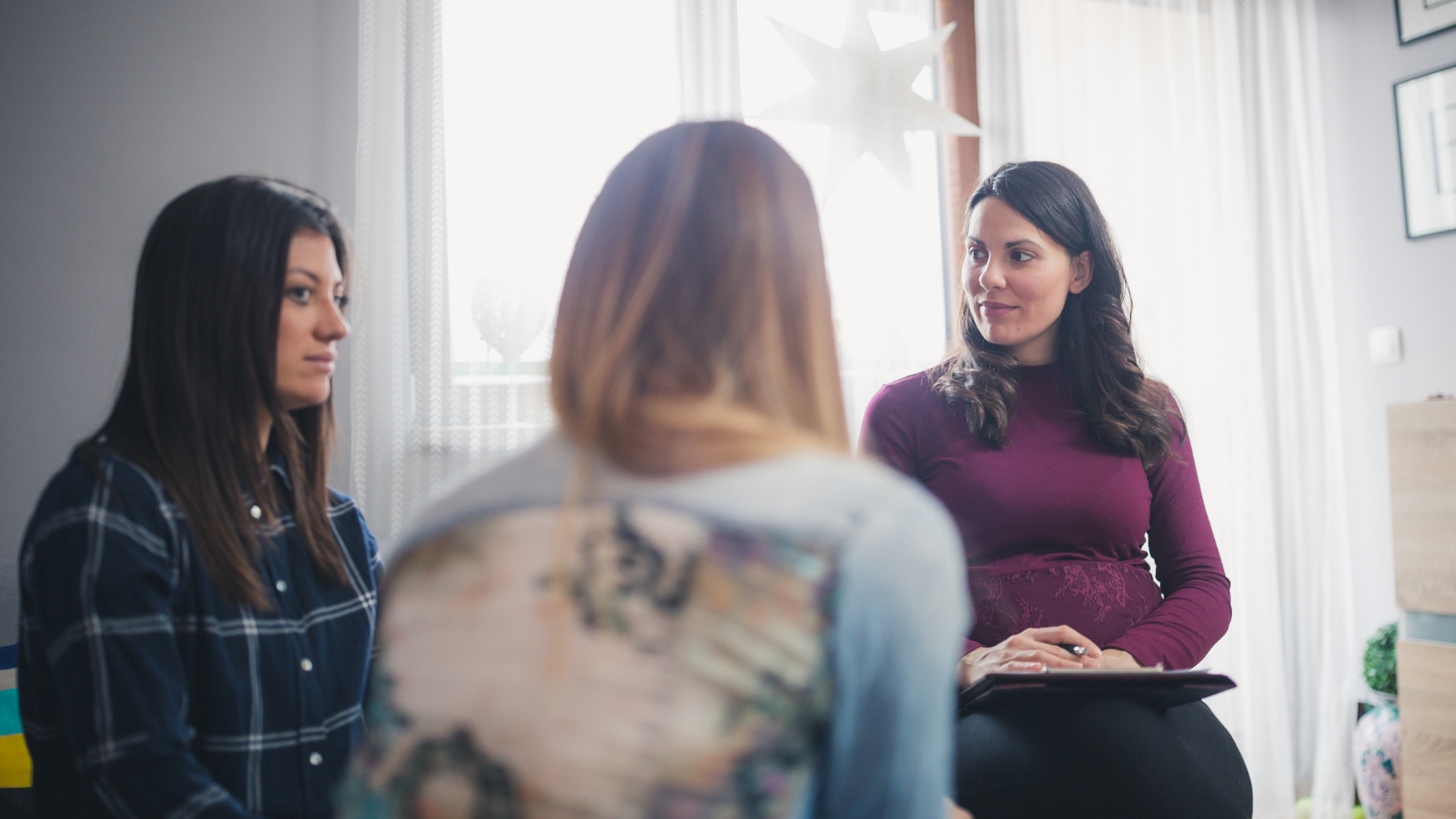In the second of our two-part series supporting this year’s Children’s Mental Health Week (read the first part here), we’re speaking again with Kadra Abdinasir, Associate Director of Children & Young People’s Mental Health at Centre for Mental Health.
The World Health Organisation (WHO) states adolescence is “a crucial period for developing and maintaining social and emotional habits important for mental well-being”. With this in mind, we asked Kadra to share her advice on practical ways parents, teachers and schools can best support young people with mental health challenges.
Hi again Kadra and thank you for joining us again. We know that early intervention strategies are so important for young people struggling with their mental health. What can parents do to support their children?
Parents can often be the first line of defence when it comes to noticing changes in behaviour in their children that might signify a bigger problem.
If you’re a parent, my advice would be as follows:
- First and foremost, it’s important to prioritise your own mental health and model good habits. It’s like the “put your own oxygen mask on before helping others” advice on an aeroplane. Your own mental health and wellbeing is the one thing that impacts young people’s mental health the most.
- Normalise conversations about mental health: it all starts from the home. Particularly during difficult periods like transition points or exam season. Think about how you can check in on your child.
- Encourage and nurture your child’s interests and hobbies. The pandemic has taken away so many extra-curricular activities that I think young people have really lacked that sense of control and agency over doing something away from the academic side of life.
Schools and teachers of course play a part too, what support can they offer?
Teachers play a really important role in encouraging conversations about mental health. In an ideal world, all teachers would be receiving mental health training – it’s something we’ve been campaigning about for a while – but the government does offer free training places on mental health first aid programmes for secondary school teachers. Of course, capacity is always the issue, so we need to create space on the timetable for teachers to have the opportunity to do more.
Teachers are also ideally placed to provide information and advice on where to seek help for mental health. A friend of mine is a teacher and she created a “support board” in her school. It’s just a noticeboard with pictures, telephone numbers and websites, where a young person could actively go to find information. It’s just a simple idea, but having that safe corner where pupils know they will find relevant information is a great first step.
Teachers are not health professionals and aren’t expected to deal with mental health problems in the same way. Knowing when to seek advice, and where to go, is the most important thing.
How much responsibility should the school take for the mental health of its pupils?
Young people spend a significant amount of time in educational settings and, outside of the family life, it’s somewhere that has one of the biggest influences on a young person’s mental health. For that reason, schools absolutely have an important role to play.
The way I like to think about schools however is that they are part of an ecosystem. Where you have effective communities who promote mental health, it works really well. We know that schools themselves are under increased pressure with constrained resources and funding that makes it difficult to do the things that they would love to do.
We produced a report a few years ago called Making the Grade. One of the things that stood out was that a lot of young people said school was important for their mental health, but it wasn’t just about responding to challenges. It’s also about promoting good mental health and how to protect and maintain it. By embedding mental health within health education, we are starting to see change happen.
There’s also a lot that schools could do to increase arts and cultural activities. We heard from young people that there’s such limited opportunities for them to take part in the arts subjects. They felt that this was something that was really affecting their mental health.
Finally, if you’re a young person struggling with mental health issues, what would you say to them?
As cliche as it sounds, you’re not alone. Many people experience mental health problems at some point in their lives and once you start noticing any changes to your mood or your wellbeing, I would really encourage you to seek advice and support.
Mental health workers are trained to be approachable and caring. Even if they can’t help you, they will find you the person that can. It’s so important to get support as soon as you notice things rather than waiting for them to build up and leave you feeling overwhelmed.
mdeducational Foundation places qualified mental health professionals into secondary schools, supporting young people through tailored intervention strategies designed to give them the tools they need to thrive. If you’re interested in working with us to support your young people in their wellbeing, contact us today.
For more information on Centre for Mental Health and their latest campaign, click here.




